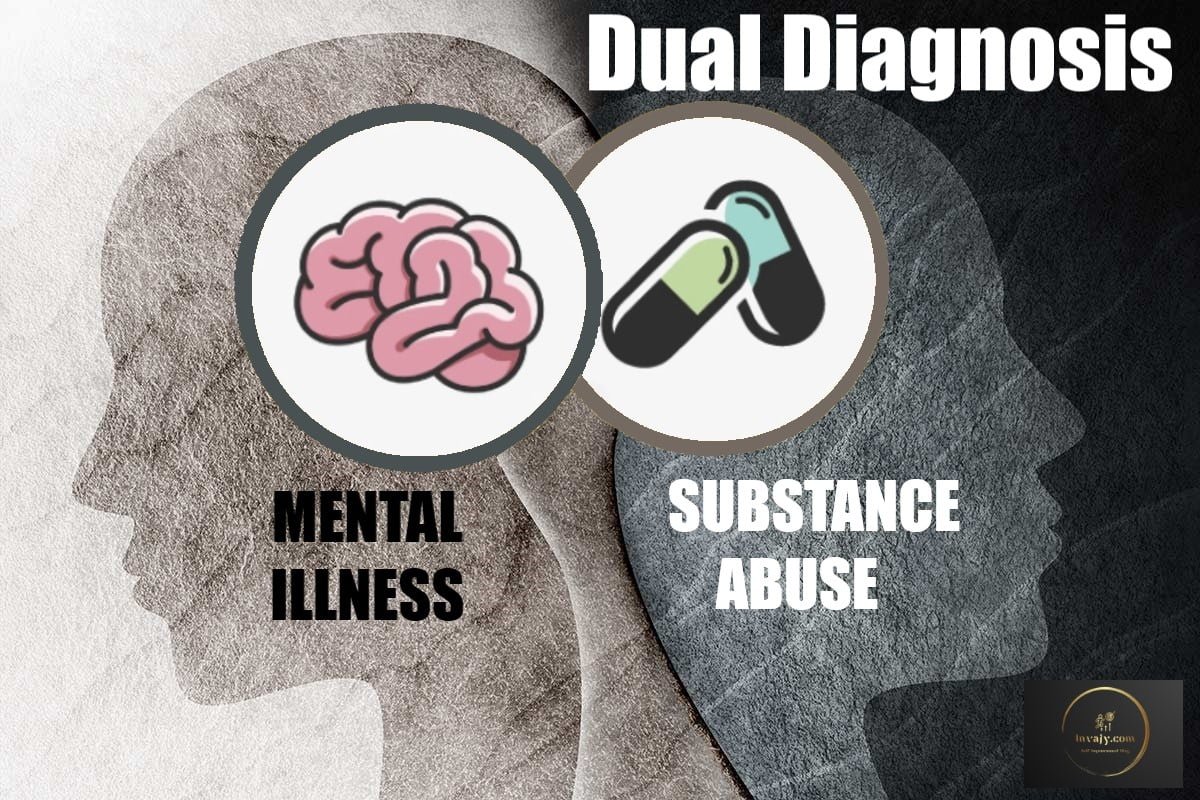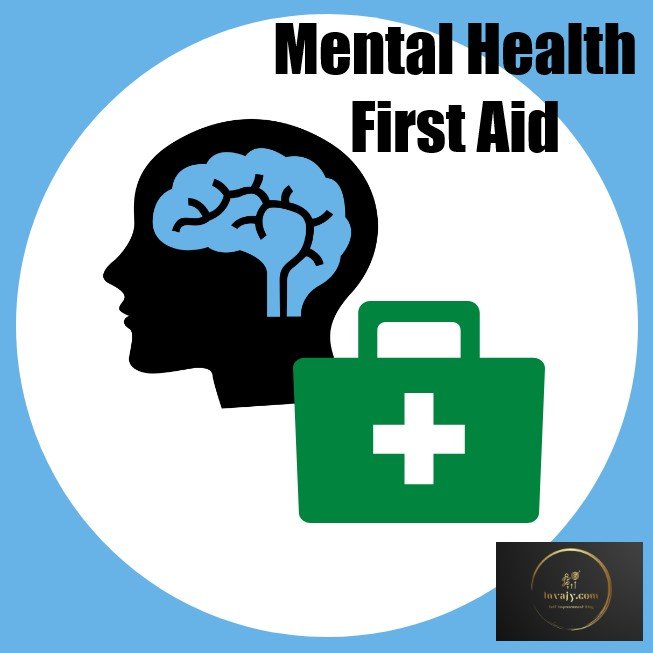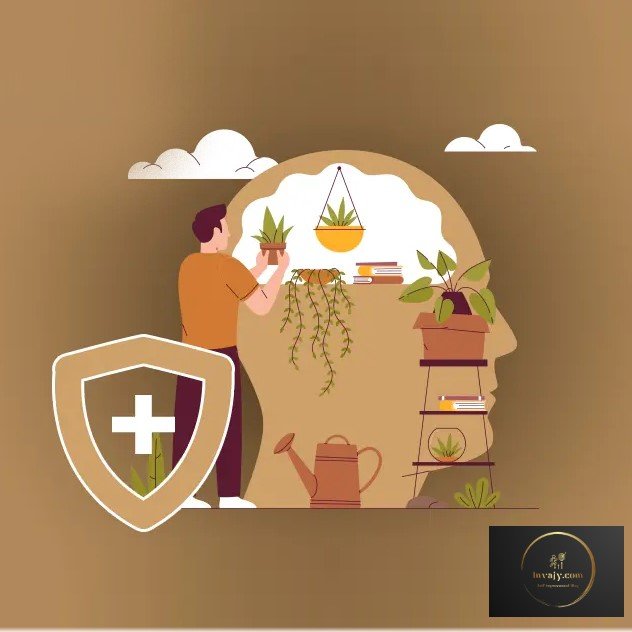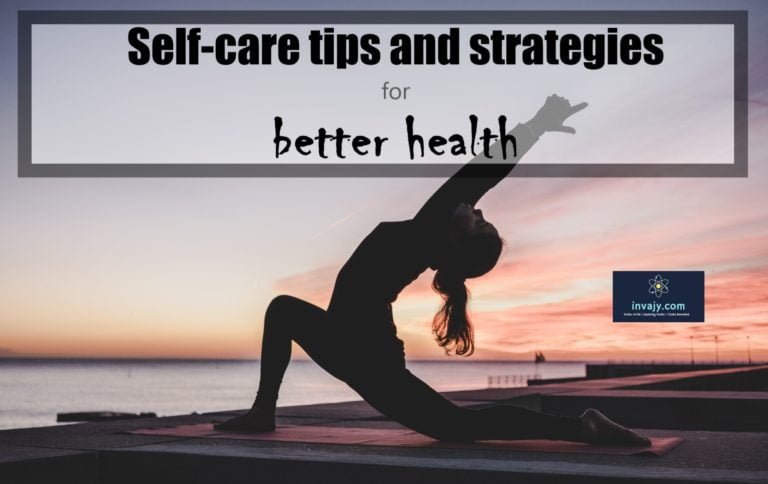Dual Diagnosis Symptoms, Diagnosis and Treatment
Navigate the complexities of dual diagnosis with insights and strategies for managing co-occurring mental health and substance use disorders. Find the path to integrated care and recovery.

Dealing with mental illness is never easy. It becomes even more complicated, if you’re also struggling with substance abuse, alcoholism, or drug addiction. The symptoms of both the conditions together affects negatively on your ability to function at work or school, maintain a stable home life, handle life’s difficulties, and relate to others. In this article we will share about dual diagnosis, most common dual diagnosis disorders, dual diagnosis symptoms, and how to deal with dual diagnosis.
What is Dual Diagnosis?
When you have both a substance abuse problem and a comorbid mental health issue such as depression, bipolar disorder, or anxiety, it is called a dual diagnosis, co-occurring disorder, COD, dual disorder, comorbidity or dual pathology.
Although these problems often occur together, this doesn’t mean that mental health caused substance abuse or vice versa, even if one appeared first. In fact, it can be hard to figure out which came first. It may be possible that common risk factors contribute to both mental disorders and substance use disorders.
Alcohol and drugs are often used to self-medicate the symptoms of mental health problems. More often people unknowingly use them to ease the symptoms of an undiagnosed mental disorder, to cope with difficult emotions, or to temporarily change their mood.
Similarly alcohol and drug abuse can increase the underlying risk for mental disorders. It may affect your brain in way which may result in mental health disorders.
Getting the right help for a dual diagnosis is more complicated than seeking treatment for a single mental health issue. since it involves treating both an addiction and a mental illness simultaneously.
Statistics about Dual Diagnosis
Co-occurring mental health issues and substance abuse problems are more common than many people realize. According to the NSDUH, 45% of people in the United States struggle with a dual diagnosis. According to reports published in the Journal of the American Medical Association:
- Roughly 50 percent of individuals with severe mental health disorders are also affected by substance abuse.
- 37 percent of alcohol abusers and 53 percent of drug abusers also have at least one serious mental illness.
1 in every 4 individuals suffers from mental health problems once in their lifetime. People diagnosed with a mental health condition are about twice as likely as the general population to suffer from an SUD.
In a recent study, it was found that approximately 9 million adults live with dual diagnosis in the United States.
Most common Dual Diagnosis Disorders
Mental health conditions that occur commonly alongside Substance Use Disorder are as under
- Anxiety disorders
- Bipolar disorders
- Schizophrenia
- Depression
- Eating disorders
- Personality disorders
- Obsessive-Compulsive Disorder – OCD
- Post-Traumatic Stress Disorder (PTSD)
- Attention Deficit Hyperactivity Disorder (ADHD)
- Panic Disorder
Dual Diagnosis Symptoms
As mentioned above in dual diagnosis, several mental health disorder conditions may exist along with substance abuse. While indicators vary illness to illness, some common symptoms of dual diagnosis include:
- Changes in sleep patterns (insomnia or excessive sleep)
- Dramatic moods swings or energy levels
- Social withdrawal: drawing away from family, friends, and those who offer support
- Appetite or weight changes
- Angry, violent, or reckless behavior
- Fearful, worrying or overly anxious
- Inability to focus or concentrate
- Different pattern in eating
- Self harming or suicidal thoughts
- Experiences delusions or hallucinations
- Risk-taking behavior
- Intense or prolonged feelings of despair, hopelessness, and worthlessness
- Internal anxiety that can only be relieved by certain behaviors or rituals
- Difficulty holding a job or upholding priorities such as work or academics
- Trouble maintaining relationships because of behavior or mood swings
- Usage drugs and alcohol as coping mechanisms for any of the above

How to deal with Dual Diagnosis?
Dealing with Dual Diagnosis or co-occurring disorders? Let us understand how to deal with addiction when you’re simultaneously suffering with depression, anxiety, or another mental health problem. With proper awareness, right support, self-help, and treatment, you can overcome dual diagnosis condition, reclaim your sense of self, and get your life back on the track.
Recognize symptoms
When it comes to recognize the symptoms of dual diagnosis, it can be pretty difficult to identify. It takes time to figure out what might be a drug or alcohol problem and what might be a mental health disorder. One thing which has been noticed is that both of these are closely linked. People often abuse alcohol or drugs to ease the symptoms of an undiagnosed mental disorder, to cope with difficult emotions, or sometimes to temporarily change their mood.
Recognize and accept the reality that substance abuse and mental illness exist in conjunction with each other. Both of these struggles needs to be treated together. If you will focus on one and ignore other; relapse may occur or you may continue to struggle.
Find a right mental health professional
Dual Diagnosis or co-occurring disorders treatment requires specialization. Find a right mental health professional that has appropriate experience. The treatment will vary depending upon both the mental health problem and the type of substance being abused, whether it’s alcohol, recreational drugs, or prescription medications. For example, the treatment of schizophrenia and alcohol abuse will be quite different from the treatment of depression and marijuana abuse. So, it’s become extremely crucial to recognize the symptoms and find a right mental health expert with right kind of experience.
Dual Diagnosis Treatment Options
Dual diagnosis or co-occurring disorder (COD) treatment may includes several types of mental and physical wellness support. A dual diagnosis program may consist of the following:
- Medication-assisted detox
- Antipsychotic or anti-depression medications
- Individual therapy
- Cognitive-behavioral therapy (CBT)
- Admission to rehabilitation centers
- Medical treatment for physical health concerns
- Nutritional therapy
- Complementary therapies, such as yoga, meditation, and other mindfulness practices
Practice self-care
Self-care is of utmost importance to deal with dual diagnosis conditions. Prioritize your needs as you go through your journey of recovery . Getting the adequate sleep, proper exercise or physical activity and eating balanced diet are keys to feel better and for making lasting changes.
Discover yourself again
Discover yourself again; It will help you in a great way in the journey of recovery from dual diagnosis. Do you the things which you have been in love doing earlier. Set a daily routine for positive self-talk. Go to the movies, go to malls for shopping, volunteer for a cause, attend social gatherings and meet with new people.
You have to enjoy your own company before someone else can. Practice self-love and self compassion. Knowing your better YOU will help in faster recovery.
Family Support
Family is every individual’s first teacher and serves as role models for behaving and communicating in outer world. When someone from family does counselling; it’s going to make a larger impact. Family support and a safe and stable home environment is vital to the success of the dual diagnosis treatment.
Any problems between the family and you needs to be resolved. Repairing any damage that is found is going to help in accelerated recovery.
Support Groups
You are not alone. As was said earlier, about a half of all people suffering from mental illness struggle with substance abuse also. There are ways to connect with people while you work hard for recovery. Join a support group to spend time with people who understand what you’re going through. It’s important to share your struggle with others, as well as ask for advice from people in recovery.
You may also go online and find a community or social network which help people to share experiences and learn from others.
I hope, if you will use above tips and strategies for the treatments for dual diagnosis; you will surely be able to manage this condition in a better way.
That’s all from my side. I hope, you liked this article on dual diagnosis or co-occurring disorders. Please share this on your favorite social media portals with your friends and relatives.
(Disclaimer: This article is for general information only. Before adopting preventive methods/measures/treatment, please seek medical advice)






